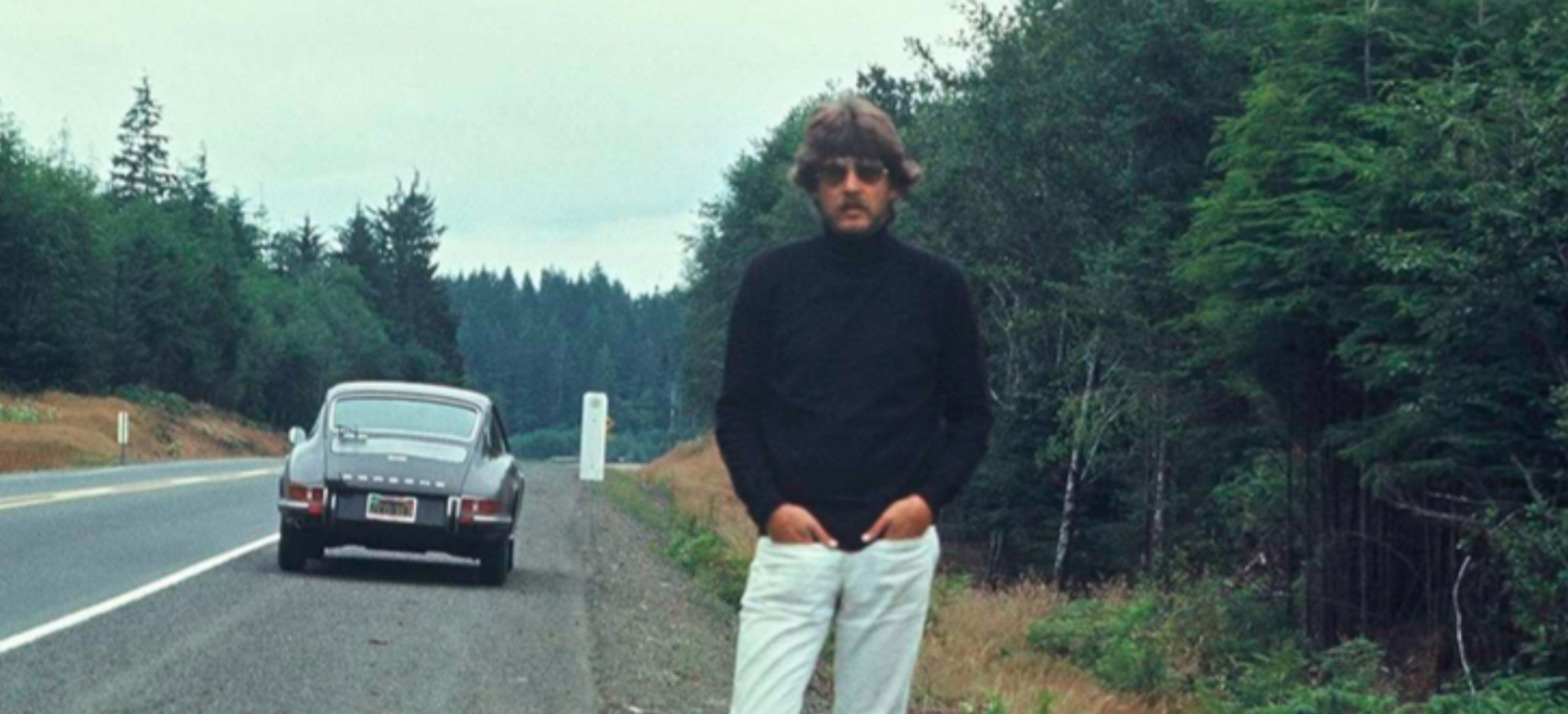Some of your fathers wore suits and worked for the Man or were the Man themselves. Others were determined to do their own thing, rising to new heights or struggling like Willy Loman. But no matter what your dad happened to do for a living, chances are you’ll have no greater mentor in business than him.
As Father’s Day approaches, I find myself thinking about my own dad, a brilliant and iconoclastic architect who died much too young of cancer. Even though he was easily able to go into the family business—a hugely successful chain of DIY paint stores—my dad had other, bigger dreams. He wanted to build buildings. And to realize his dreams, he coined and lived by a set of principles I still follow to this day.
Independence: “Make me a general, or leave me a private, but I refuse to pass on silly orders.” This was the line my dad used to describe why he spent six years in the Air Force Reserve at the same rank, private third class. It wasn’t just his silent protest against military hierarchy—it became his model for entrepreneurship as well.
Virtue: “Virtue,” my father was fond of repeating, “is its own reward.” Quality, integrity, originality, and beauty drove his business, not ROIs or IPOs.
Adventure: My dad loved Randy Newman’s song “Sail Away,” and he took the words literally. After having stellar success early on in his career, creating the first apartment buildings on the beach in Marina Del Rey, he retired in his mid-30s to cruise the waters of Baja in a 32-foot sailboat. It allowed him to remain a visionary, and return to his career with renewed spirit.
Balance: “I need to go to yoga.” My dad could be in the middle of a very stressful day, and then drop everything, jump in his car, and navigate back roads to beat the traffic to Beverly Hills to do yoga in the middle of the workday. He even loaned some money to a struggling yogi, proving yet again that when you do something with the purest intentions, good karma comes back to reward you.

Generosity: “Money is no object” was my father’s motto, no matter whether he was flush with cash or dead broke. He would never let anyone else pick up a check, always saying it was his pleasure, and it was true. Combing his files after he died, I came across countless letters of gratitude from people he had helped, from aspiring architects to cleaning ladies.
Dedication: “Just a little more elbow grease, son,” he used to say, instructing me on how to best remove the peeling varnish from the deck of the boat. Trying hard and doing your best never goes out of style.
Reinvention: “My name is Tony, and I’m an alcoholic.” His last 11 years were in recovery for drug abuse, and he made good friends, developed a fresh perspective, and got a new lease on life. It gave him the courage to leave behind constructing his modern buildings of the ’60s and ’70s, and instead work to reinvent historic spaces in the ’80s and ’90s.
Vision: My father never thought of himself as just an architect. He was an artist-in-residence, and created several real estate developments that brought that concept to fruition. He cared about bringing his vision to life more than anything, and he told me to always focus on the dream first.
My father also taught me what not to do. He was a perfectionist who was sometimes hindered by his own quest for getting something just right and by not always realizing that great is too often the enemy of good. He was a control freak who refused to delegate any responsibility, firing a long line of assistants, bookkeepers, and other employees. He was not into diversification, putting all his money in one bucket—real estate—and then, when the real estate market dipped, growing so worried he got cancer and died at 55.
But even in these flaws, there is much of my father’s wisdom that I retain. His own financial ledger was both a symptom of excessive control and also a work of modern art—printed by hand, completely color-coded, and written in all caps in his stark architectural script.
Whether your father is still with you or has passed away, whether you were close or never really knew him, whether he was an inspiration or a wake-up call, my prediction is that if you really think about it, you’ll realize that there’s no greater mentor, in business or in life, than your own father.




